International Projects
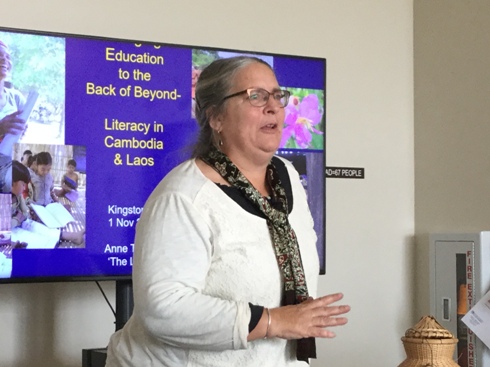 The Cambodia & Laos Literacy Project
The Cambodia & Laos Literacy Project
The Kavet people of northeastern Cambodia are among the larger Kavet/Brao language group (total 60,000) who populate two provinces of Cambodia, and the two southernmost provinces of the neighboring Lao PDR, with the population about evenly split between Laos and Cambodia. The Kavet people are among the most disadvantaged in Camboida. They live in scattered hamlets far from the government schools, and most have not had the opportunity to attend school. The Kavet are pre-literate, i.e. their language has only recently been reduced to writing. They have no prior tradition of education - this is the first generation in the history of their people to learn to read and write in any language.
The Literacy Project will:
a) Support community literacy classes for indigenous youth and adult learners in Kavet villages.
b) Provide training to volunteer literacy teachers, to improve their skills in order to teach the classes.
c) Strengthen and expand the use of the newly written Kavet language and produce Kavet materials for teaching; and
d) Provide bilingual learning and library materials to indigenous communities.
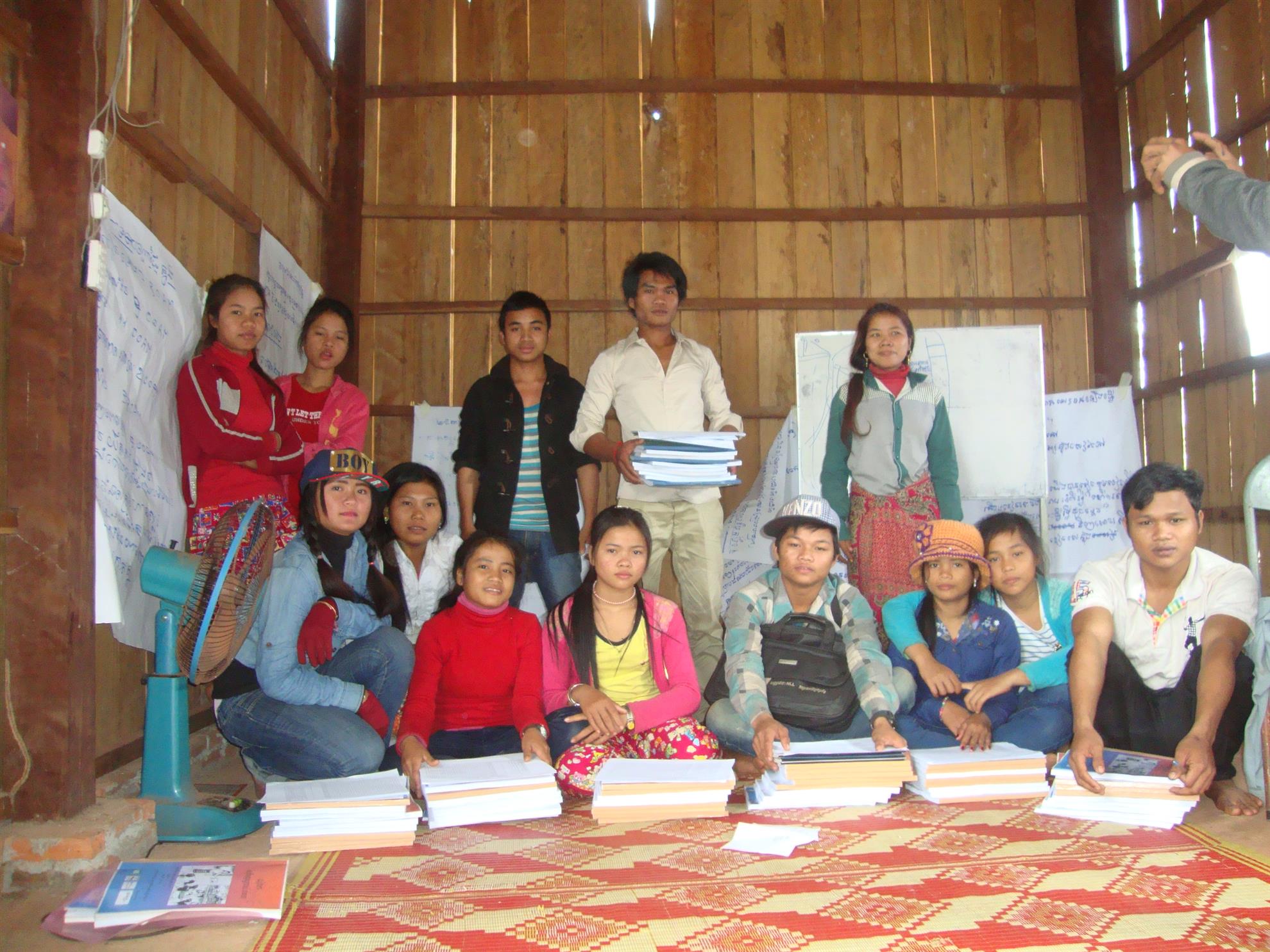
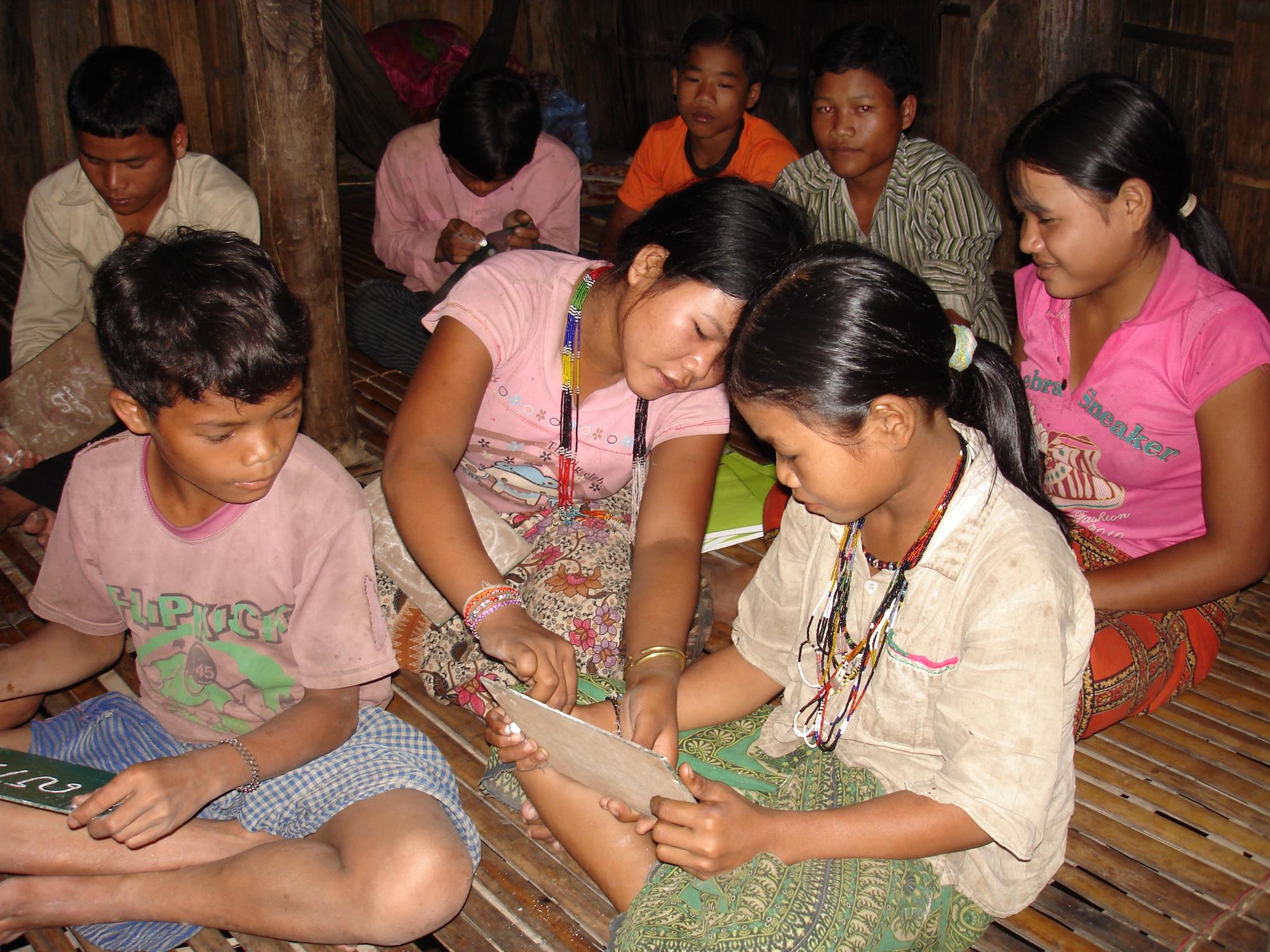
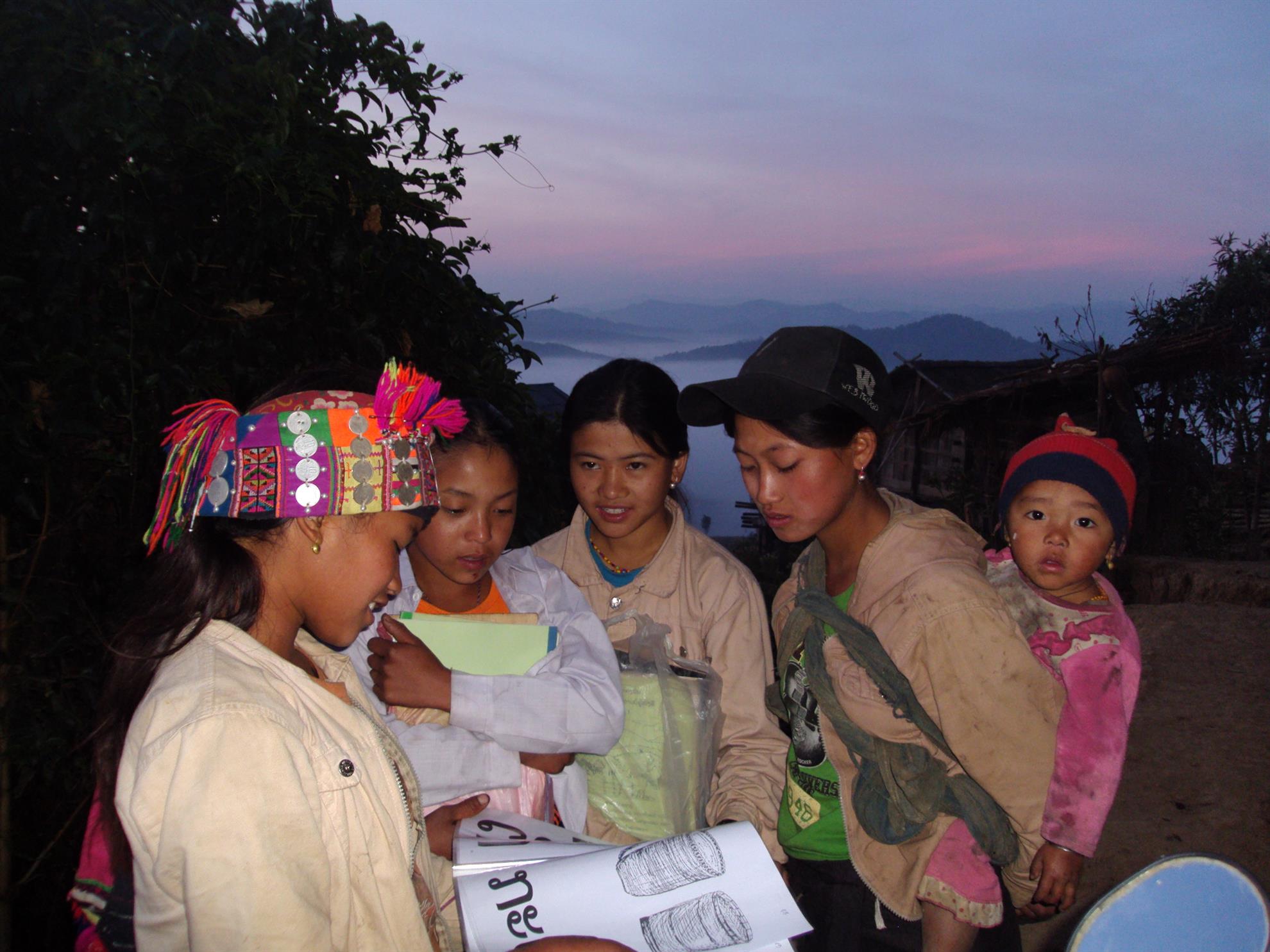
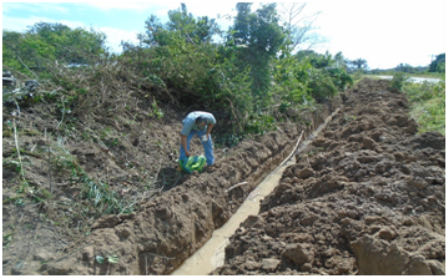
Bolivia Water Project
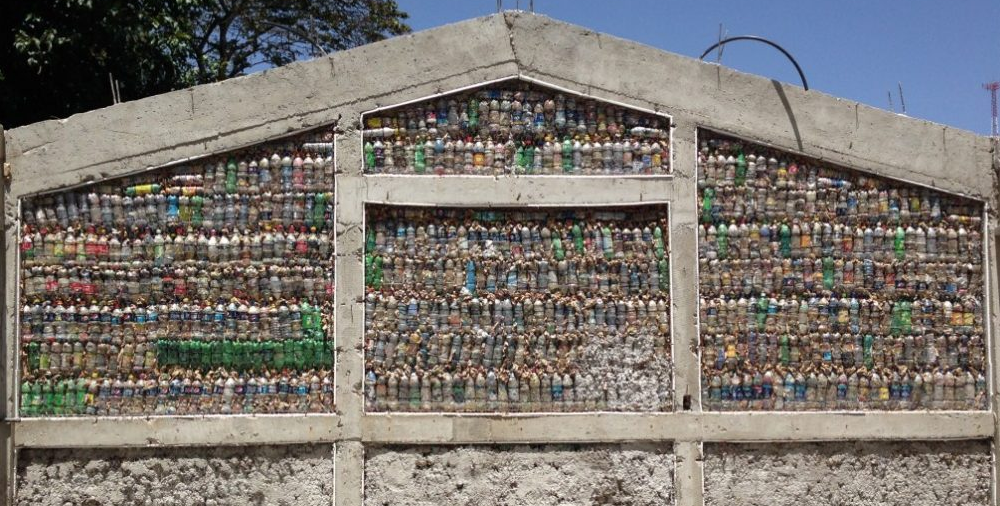
Bottle Schools
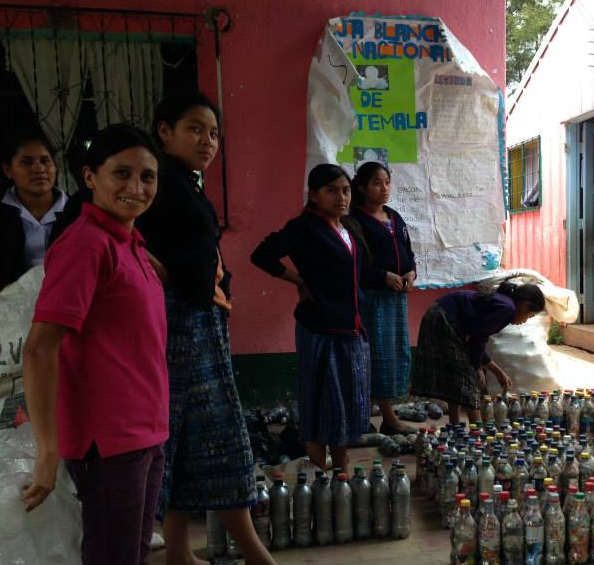 Under the direction of the Hugs It Forward organization, the town children spent months gathering discarded plastic bottles and other plastic litter from the town and its surroundings.
Under the direction of the Hugs It Forward organization, the town children spent months gathering discarded plastic bottles and other plastic litter from the town and its surroundings.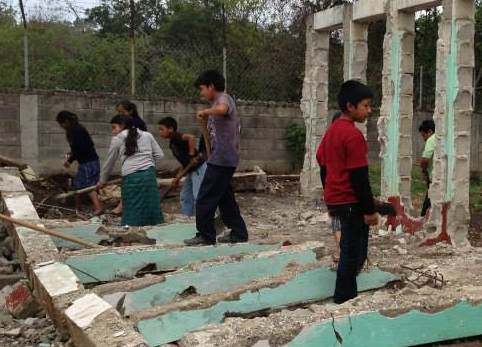 gether to carefully arrange the bottles between wire mesh barriers, providing the core of inexpensive insulating walls. After two coats of cement plaster and paint, the installation of the roof, a new and secure school house is finished.
gether to carefully arrange the bottles between wire mesh barriers, providing the core of inexpensive insulating walls. After two coats of cement plaster and paint, the installation of the roof, a new and secure school house is finished.Hug It Forward is a multicultural organization operating at the grassroots level in the region of Latin America, with an emphasis in Guatemala.
They facilitate education and awareness around improved trash management methods via the construction of bottle classrooms. Bottle classrooms are constructed using eco-bricks, which are plastic bottles stuffed with inorganic trash. During the project process, entire communities come together to build a more environmentally responsible educational space for their future.
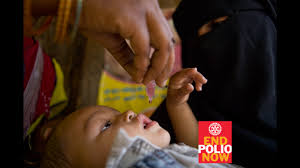
Rotary's Fight to End Polio
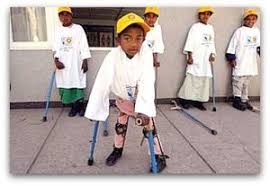
What is Polio?
.png)
Our Goal.
Rotary has been working to eradicate polio for more than 30 years. Our goal of ridding the world of this disease is closer than ever.
As a founding partner of the Global Polio Eradication Initiative, we've reduced polio cases by 99.9 percent since our first project to vaccinate children in the Philippines in 1979.
We've helped immunize more than 2.5 billion children in 122 countries. So far, Rotary has contributed more than $1.8 billion toward eradicating the disease worldwide.
Today, polio remains endemic only in Afghanistan, Nigeria, and Pakistan. But it’s crucial to continue working to keep other countries polio-free. If all eradication efforts stopped today, within 10 years, polio could paralyze as many as 200,000 children each year.
.png)












